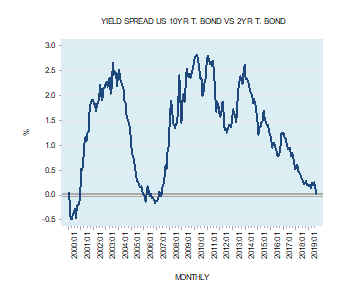To follow up on Peter Klein’s post today, the dehomogenization debate of the last few decades was actually initiated by a radical reinterpretation of the socialist calculation debate of the 1930s published by Israel Kirzner in 1988. Prior to Professor Kirzner’s seminal article, “The Economic Calculation Debate: Lessons for Austrians,” it was widely accepted by both neoclassical and Austrian economists that Hayek (and Lionel Robbins) had diverged from and softened Mises’s position that economic calculation was “impossible” under socialism. My initial articles, cited in Klein’s post, responding to Kirzner’s claims were an attempt to deepen the understanding of the differences in the arguments made by Mises and Hayek by tracing them back to their contrasting approaches to general economic theory.
As the debate evolved, it by no means “sidelined” Wieser, as Stefan Kolev recently lamented, but rather brought to the fore the unique character of Wieser’s thought and his substantial influence on later Austrian economists. In my article “The Place of Human Action in the Development of Modern Economic Thought,” published in 1999, I argued that Wieser had an enormous influence not only on Joseph Schumpeter, but both directly and through Schumpeter on the most prominent members of the fourth generation of the Austrian school, including Hayek, Gottfried Haberler, Fritz Machlup, and Oskar Morgenstern. My article elicited a response from Bruce Caldwell, an eminent Hayek scholar, in which he denied that Hayek’s ideas on general equilibrium theory were formulated under the influence of Wieser or Schumpeter. In my reply to Caldwell, I analyzed the general equilibrium framework of Wieser’s magnum opus, Social Economics, and documented its major influence on Hayek’s economic theory. A little later, Sam Bostaph published a long and penetrating study of Wieser’s views on economic calculation and how they conflicted with some of Menger’s fundamental ideas and shaped Hayek’s views. If anything, the debate revived serious scholarly research into Wieser’s work, to which Kolev himself has contributed (see here and here).
Whatever side one takes on the dehomogenization debate, it cannot be denied that the controversy served to highlight the diversity of views that Austrian economists, old and new, have entertained on issues that lay at the heart of economic theory. For this reason, there will be a session marking the 30th anniversary of the initiation of the debate at the 2018 Austrian Economics Research Conference. Several participants in the early stages of the debate will present their views on what impact it had on their own and their students’ research and how it has transformed Austrian economics in its theoretical and doctrinal aspects.


